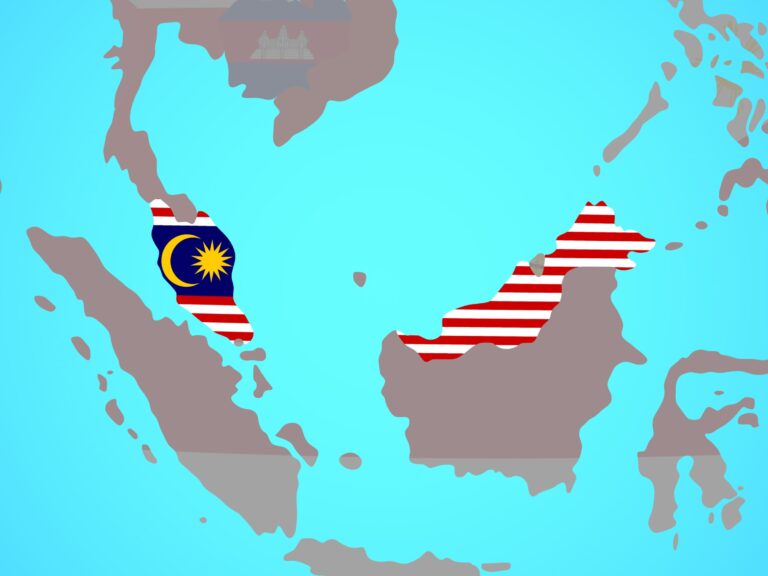Malaysia’s 5G penetration rate now stands at 35.4%
According to local media reports citing Malaysia’s Communications Minister Fahmi Fadzil, as of April this year, 7,065 5G base stations had already been installed across Malaysia.
According to the report, 5G technology has now reached 81.5% coverage in residential areas, with current subscriber numbers at 11.9 million, for an overall penetration rate of 35.4%.
“The introduction of 5G, originally planned in the National Digital Network Plan 2023-2025, has been brought forward to the end of 2021 for the first phase and is now on track to achieve the target,” the minister said.
National 5G network Digital Nasional Berhad (DNB) was established in 2021 by the Malaysian government as a special purpose vehicle to develop the country’s 5G network infrastructure. Currently, private telecommunications companies are using this infrastructure to provide 5G services to their customers. DNB’s 5G network was deployed by Ericsson.
The Malaysian government announced in May 2023 that it would allow the rollout of a second 5G network in 2024, adding that a new organization would be established to manage Malaysia’s second 5G network. At the time, the country’s Communications Minister Fahmi Fadzil said the decision to allow a second 5G network in the country was made with the aim of avoiding single points of failure and establishing redundancy for 5G services.
Malaysian officials had said the country would move to a dual 5G network once DNB achieved 80% coverage in densely populated areas, which would be December 2023. That month, Malaysia’s five largest mobile operators signed an equity subscription agreement to acquire a combined 70% stake in DNB.
Under the terms of the agreement, domestic operators Celcom Digi, Maxis, U Mobile, Telekom Malaysia and YTL Power International have agreed to invest approximately $50 million each to acquire a 14% stake in DNB. According to the Malaysian government, these subscriptions are expected to be completed between February and April 2024 after completing due diligence requirements.
In related news, local telecommunications operator Celcomdiji announced that it had completed 44% of its nationwide network integration and modernization program ahead of schedule during its three-year transformation journey following the merger. Celcomdiji had modernized more than 7,200 sites as of the end of April 2024, enabling customers in the combined region to enjoy improved download speeds. The company began its full-scale integration and modernization program in June 2023.
CelcomDigi said it has modernised its network with 5G-enabled equipment to provide end-to-end 4G and 5G connectivity services to its customers, with 86% of its sites now 5G-enabled.
The Malaysian telco also said its network modernisation efforts also include the continued transformation of CelcomDigi’s 5G core network to deliver 5G advanced features and services such as ultra-reliable and low-latency communications, large-scale machine-based communications and enhanced mobile broadband.
In December 2022, Axiata Group and Telenor Group completed the merger of Malaysian telecommunications operators Celcom and Digi. Following the completion of the merger, Axiata and Telenor now each hold a 33.1% stake in CelcomDigi.


